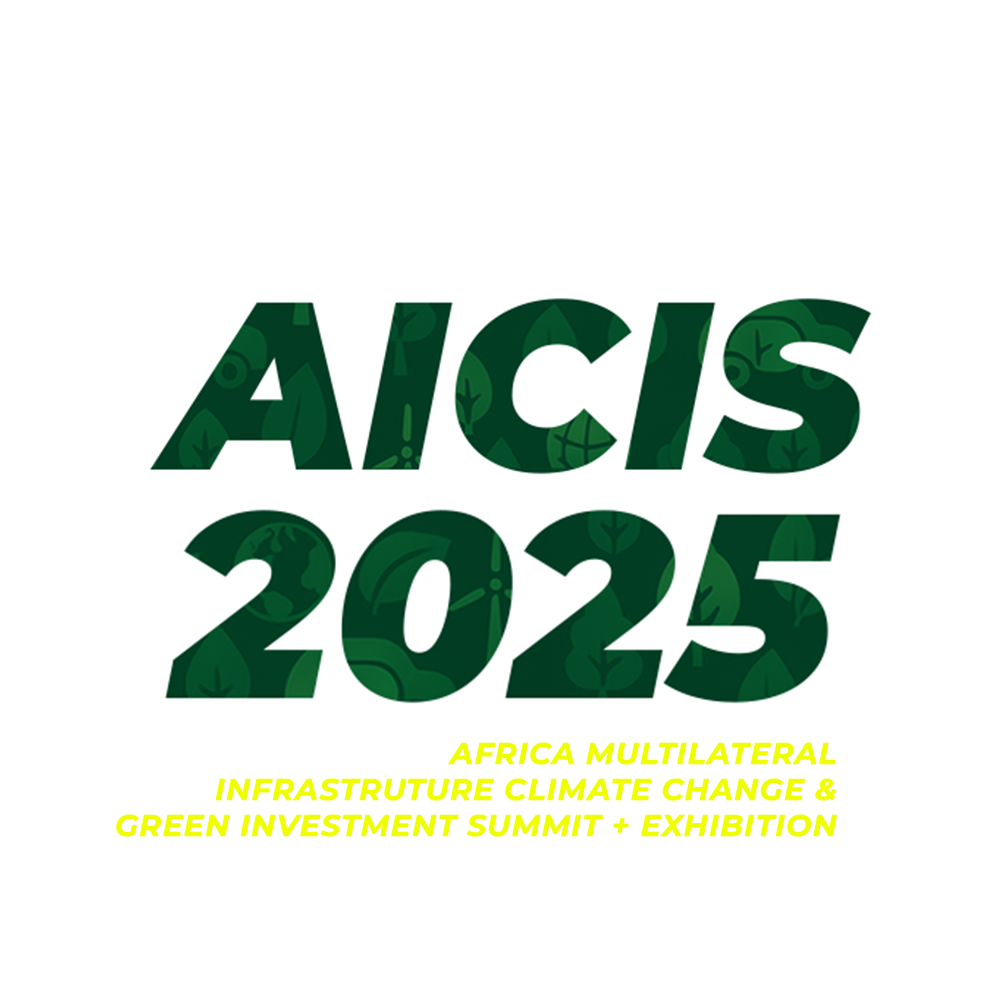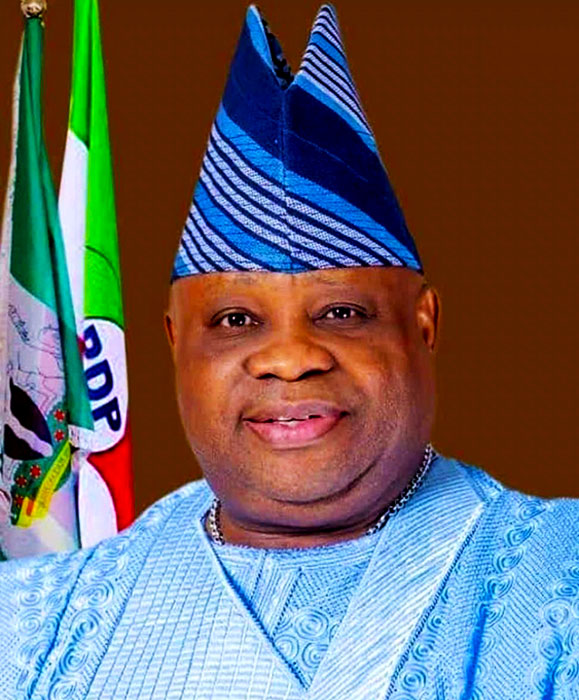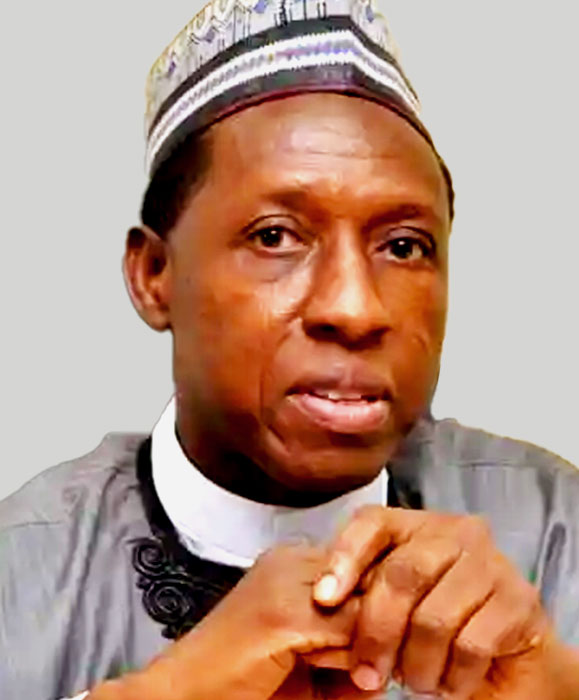
Post-Summit Stakeholder Engagement:
International Workshop on Climate Change, Infrastructural Project Development & Financing
In collaboration with the Presidency (OSGF) and the Osun State Government
Theme
Financing Solutions to Curb Africa’s Climate Change & Infrastructure Gaps
Wednesday 26 - Friday 28 November
2025 | 10:00am WAT
Wednesday 26 - Friday 28 November, 2025
| 10:00am WAT
Abuja, Nigeria
Physical & Virtual
Participation Options

Osun State Post Summit Workshop on Climate Change Project Financing & Business Models.
Host by the Osun State Government, through the Ministry of Environment & Sanitation, Osun State
Monday 28 - Wednesday 30 April
2025 | 10:00am WAT
Wednesday 24 - Friday 26 September, 2025
| 10:00am WAT
Abuja, Nigeria
Physical & Virtual
Participation Options
Wednesday 26 - Friday 28 November
2025 | 10:00am WAT

Post-Summit
Stakeholder Engagement:
International Workshop on
Climate Change, Infrastructural
Project Development & Financing
In collaboration with the Presidency (OSGF)
and the Osun State Government
Host by the Osun State Government, through the Ministry of Environment & Sanitation, Osun State
Theme
Financing Solutions to Curb Africa’s
Climate Change & Infrastructure Gaps
Wednesday 26 - Friday 28 November
2025 | 10:00am WAT
Wednesday 26 - Friday 28 November, 2025
| 10:00am WAT
Abuja, Nigeria
Physical & Virtual
Participation Options
Post Summit Workshop for Africa Multilateral Infrastructure and Climate Change Summit
Wednesday 26 - Friday 28 November
2025 | 10:00am WAT
10:00 AM - 6:00 PM
| GMT+1 West Africa Time |
This workshop underscores Osun State’s commitment to advancing climate adaptation, renewable energy solutions, and green economic growth, reinforcing Nigeria’s leadership in the global effort against climate change.
context & purpose
Following the successful conclusion of the Africa Infrastructure, Climate Change & Green Investment Summit (AICIS 2025) in Abuja on 11–12 August 2025, The Africa Business Ventures and Investments Group (ABVIG) in collaboration with the Osun State Government is convening a focused, technical workshop to convert summit insights, leads, and expressions of interest into bankable, investment-ready projects. The workshop will translate policy aspirations and MoUs into actionable financing structures, robust business models, and investor-grade documentation tailored to Osun State’s priority pipelines.
target participants
Representatives of multilateral development institutions
Heads of government, ministers, and senior policymakers
Private-sector CEOs, project sponsors, and institutional investors
Financial institutions: banks, DFIs, insurers, asset managers, funds
MDAs and regulatory agencies (federal, state, and local)
NGOs and civil-society organizations
Academia and think tanks
Development partners and philanthropic organizations
what participants will gain
A clear investment thesis for priority climate projects aligned to Osun State’s development plans.
Deal-ready structures (PPP, project finance, blended finance) with preliminary term-sheet logic.
Fit-for-purpose financial models (assumption books, sensitivity cases, unit economics).
Fundable concept notes and investor teasers mapped to leading climate finance windows.
A 30-60-90-day transaction roadmap with roles, milestones, data room checklists, and next actions.
core content areas
Project Screening & Bankability: Problem framing, outcomes, climate rationale, safeguards, MRV, additionality.
Financing Architecture: Blended finance stacks, viability gap funding, credit enhancement, guarantees.
PPP & Procurement Pathways: Risk allocation, payment mechanisms, tariff and offtake structures, value-for-money.
Climate Finance Landscape: Access strategies for GCF, GEF, Adaptation Fund, CIFs, NDC investment facilities, and regional DFIs.
Revenue & Business Models: Tariff design, user-fee viability, results-based finance, carbon revenues (Article 6, VCM).
Investor Documentation: Teasers, investment memos, data-room essentials, ESG and E&S compliance.
Risk & Safeguards: Political, currency, construction, offtake, climate and social risk mitigation.
Deal Execution: Timelines, approvals, permitting, stakeholder management, and closing checklists.
sectors of emphasis
1) Energy Transition & Power Systems
Utility-scale solar/wind, mini-grids, hybrid systems, and storage
Transmission & distribution upgrades, smart metering, grid loss reduction
Gas-to-power and LPG as transition fuels; flare capture and methane abatement
2) Climate-Smart Agriculture & Agro-Industrial Value Chains
Irrigation, climate-resilient seeds, regenerative practices
Agro-processing parks, cold-chain logistics, quality standards & traceability
3) Waste, Water & Urban Resilience
Waste-to-Energy and circular economy platforms
Flood control, stormwater systems, potable water & sanitation networks
Nature-based solutions and city-level resilience projects
4) Transport Corridors & E-Mobility
Roads & bridges (upgrades, tolling, asset recycling)
Bus Rapid Transit (BRT) electrification, charging networks, clean fleets
Rail & intermodal connectors to ports, industrial zones, and logistics hubs
5) Ports, Airports & Logistics Platforms
Seaport and inland dry-port modernization; berth deepening, cranes, IT/port community systems
Airport expansions, cargo terminals, MRO, energy-efficiency retrofits
Logistics parks, bonded warehouses, equipment financing (HGVs, yard equipment, cold trucks)
6) Real Estate & Social Infrastructure (Green-Certified)
Affordable and workforce housing (EDGE/LEED/BREEAM pathways)
Industrial estates and tech parks with on-site renewables and water recycling
Hospitals, schools, and public buildings energy-efficiency retrofits and rooftop solar
7) Oil & Gas (Decarbonization & Efficiency)
Gas processing, LPG value chain, pipeline integrity and leak detection
Associated gas capture, CCS/CCUS pilots, low-emission fuels and bunkering
Asset life-extension and environmental remediation
8) Mining & Critical Minerals
ESG-compliant extraction, beneficiation, and mine-site renewables
Water stewardship, tailings management, and local content development
Trade & Commodities Finance
To unlock near-term jobs, FX earnings, and industrialization by financing the flow of goods, equipment, and inputs that underpin the projects above.
Illustrative instruments:
Import/Export & Working Capital: LC issuance/confirmation, import finance for green tech and EPC inputs, receivables discounting
Structured Commodity Finance: Pre-export finance (PXF), borrowing base, warehouse receipt/collateral management structures
Supply-Chain & Vendor Finance: Distributor finance, payables finance, anchor-offtaker programs
Project-Linked Trade Finance: Advance payment guarantees, performance bonds, shipment finance tied to EPC milestones
Use cases:
Import of renewable energy equipment, e-bus fleets, cold-chain and port equipment
Export working capital for agri-commodities and processed goods
Inventory and receivables programs for industrial parks and real-estate operators
Diplomatic & Sovereign Projects Window
Fast-track funding pathways for priority national projects.
Convert country pipelines into investor-ready deals with DFI/ECA backing.
Direct access to DFIs, ECAs, and private capital—plus state and federal project owners.
Package cross-border corridors (roads, rail, ports, power interconnectors) for scalable, regional impact.
Who in the Mission
Ambassadors/Deputies; Economic & Commercial Attachés; Development/Finance Counselors; Trade & Investment Commissioners; Regional/Multilateral desks.
Engagement Formats (Product Elements)
Country Deal Clinics: Curated 20-minute pitches per project (problem, CAPEX, revenue model, readiness, specific asks).
ECA & DFI Blending Lab: Export-credit cover + DFI tranche + private debt/equity + guarantees/political-risk insurance.
Cross-Border Facilities: Corridor packaging with harmonized tariffs/treaties and regional co-financing.
Rapid Readiness Support: Data-room checklist, E&S scoping, climate rationale/MRV, preliminary term-sheet logic.
advisory & facilitation
Prof. Muhammed Tawfiq Ladan — Professor of Law, Faculty of Law, Ahmadu Bello University (ABU) Zaria, Kaduna State, Nigeria.
Prof. Chinwe Obuaku-Igwe — Global Consultant to the Osun State Government on Climate Change and Renewable Energy.
- Prof. Chris Schrage — Advisor, Economic, Women & Business Development, CGBP, Instructor of Marketing, Global initiatives coordinator, University of Northern Iowa, USA.
- Ibrahim Abdullahi Shelleng — Senior Special Assistant to the President of the Federal Republic of Nigeria (Climate Finance & Stakeholder Engagement).
Hon. Moses O. T. Owharo — Chief Executive Officer & Chairman, Africa Infrastructure, Climate Change & Green Investment Summit (AICIS); Host.
Institutional Partners / Regulators
NNPC Foundation
Nigerian Upstream Petroleum Regulatory Commission (NUPRC)
Nigerian Midstream and Downstream Petroleum Regulatory Authority (NMDPRA) — Energy regulation in Nigeria.
outputs & KPIs
Shortlisted pipeline with prioritized projects and responsible leads.
Three to five investor-quality concept notes per agency or sponsor.
Preliminary financial models with sensitivities for top projects.
Mapped funding windows and application timelines.
Scheduled matchmaking sessions with targeted financiers and multilaterals.
pre-work
Participants are encouraged to arrive with:
One-page project briefs (objective, location, status, estimated capex/opex, enabling approvals).
Any existing studies (pre-feasibility/feasibility), permits, or data relevant to demand and tariffs.
Internal focal points empowered to confirm next steps and timelines.
participation fee
Onsite — ₦1,500,000 per participant
3 days’ accommodation
Daily breakfast and lunch
Workshop materials
Certificate of Participation
Strategic Diplomatic Package — ₦2,560,000 participant
3 days’ accommodation
Daily breakfast and lunch
Workshop materials
Certificate of Participation
Online — $150 per participant
Live virtual access to sessions
Digital workshop materials
E-certificate of Participation (recordings where available)

H. E. Senator Ademola Jackson Nurudeen Adeleke
Expert Facilitators | Industry Leaders

Prof. Muhammed Tawfiq Ladan

Prof. Chris Schrage

Prof Chinwe Obuaku

Hon. Moses O.T Owharo

Ibrahim Abdullahi Shelleng

NNPC Foundation

NUPRC
